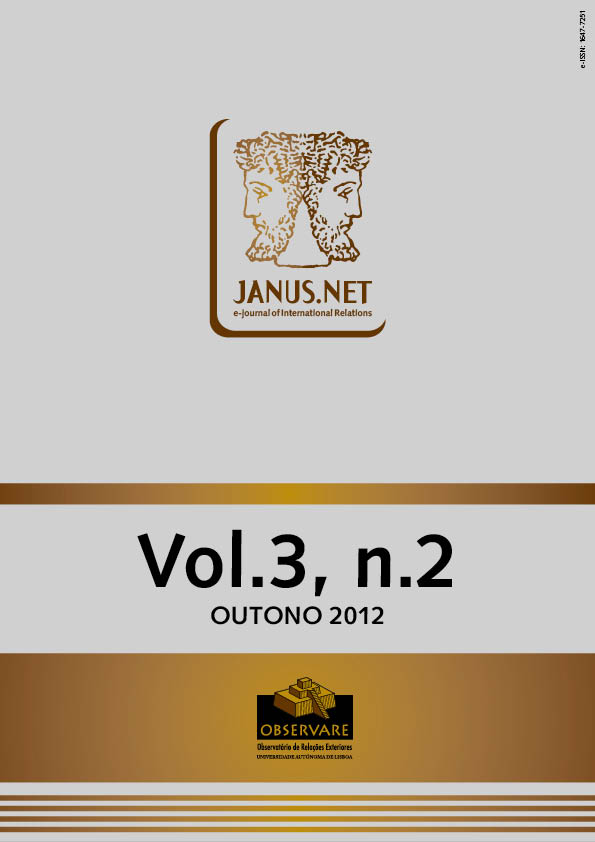The Thirty Years’ War, which devastated Europe between 1618 and 1648, was a complex conflict: it was a religious war; it involved the main powers of the time, dynasty rivalries and rebellions from princes against the Emperor of the Holy Roman-German Empire. There is a consensus in viewing the Peace of Westphalia, which ended the war, as a decisive moment in the history of international relations and the majority of authors considers it the starting point of the modern State-Nation system, sovereign states which have jurisdiction over a territory, which were usually secular and related to one another according to the principle of the balance of power. A critical review of this consensus leads to question each of the above mentioned topics and conclude that the common interpretation has retrospectively transposed political processes which took place only later. In fact, it is likely that, in the 17th century, the pre-modern princely State is still dominant, which will then lead to the modern State-Nation system, a consequence of the emergence of industrial society and nationalism. One may even consider that the Peace of Westphalia delayed the constitution of national States, as far as Germany is concerned. Therefore, to use the terms “Westphalian state” and “Westphalian system” seems rather unadvisable.
A critical review on the consensus around the «Westphalian system»
http://hdl.handle.net/11144/544
Moita, Luís
Abstract
Keywords
Peace of Westphalia, sovereignty, territory, Westphalian system, State-Nation, Paz de Vestefália, Soberania, Território, Sistema vestefaliano, Estado-Nação
Artigo publicado em 2012

